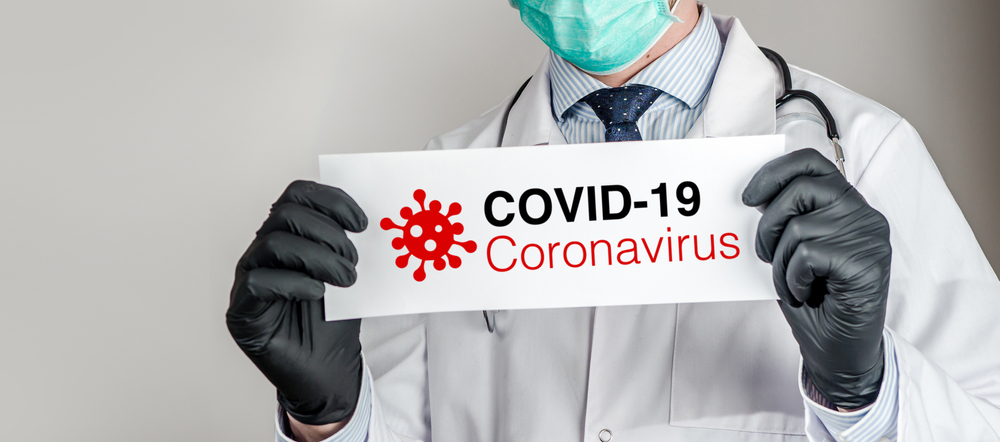
The U.S. government has reached collaboration agreements with three more companies in the ongoing effort to create rapid COVID-19 diagnostic tests and fill the divide between demand and supply.
The Biomedical Advanced Research and Development Authority (BARDA) is involved in all three cases. It is joined by the Department of Defense on one of the projects: a contract with Mesa Biotech. The Accula project netted the company $561,330 from BARDA, to support a request for Emergency Use Authorization (EUA) to the Food and Drug Administration (FDA). The test aims to provide molecular results for COVID-10 within 30 minutes from any throat, nasal or nasopharyngeal swab samples and can be used by either clinical or hospital laboratories.
A second test is under development by Qiagen LLC, which proposes a turnaround time of about one hour. The QIAstat-Dx Respiratory SARS-CoV-2 Panel test earned $598,000 from BARDA. However, Qiagen will be operating under a costs share and thus have to provide the remaining funds for development of the diagnostic test. Qiagen says that its test kit will be able to differentiate between SARS-CoV-2 — the virus which causes COVID-19 — and other serious respiratory infections with similar symptoms. It can supposedly do this with a single testing run of molecular testing.
BARDA believes that the test kit could also be ready for EUA consideration within weeks. It has already been authorized for use in Germany. It has also been found to conform to European Union standards for an in vitro diagnostic.
A final potential test comes from DiaSorin Molecular, LLC, to which BARDA will provide $697,000. The Simplexa Direct assay has already received an EUA and DiaSorin plans to begin shipping kits for immediate use in labs by week’s end. Another molecular test, it works toward qualitative identification of SARS-CoV-2, based on swabs from the back of the nose and throat. The test would be run on another DiaSorin product, the LIAISON MDX instrument, which works with DiaSorin software at reference labs and hospital labs alike. The company predicts the mostly hands-off, sample-to-answer test could produce results within 90 minutes.




